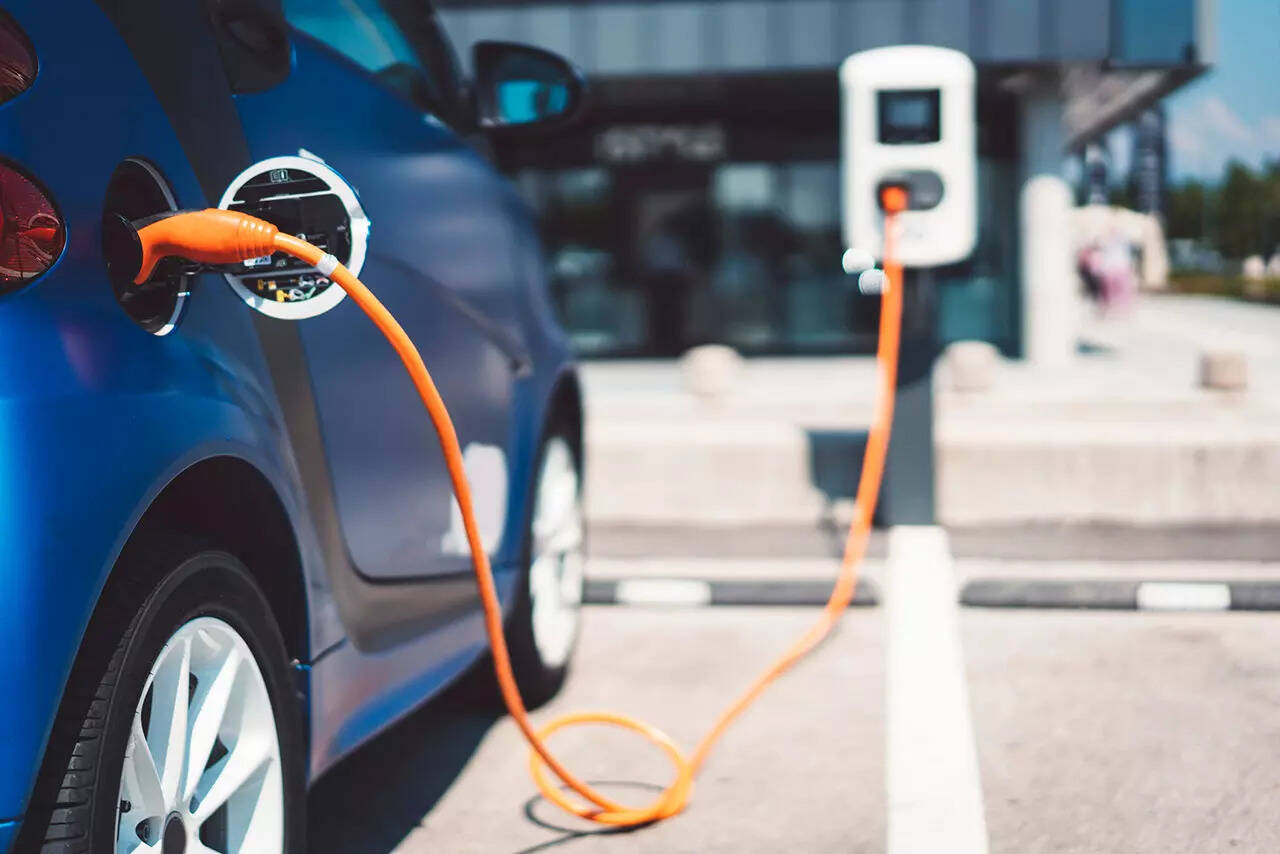
The production of electric vehicles in the United States is increasing at a fast pace after Washington infused more investment into the sector. Recently, US President Joe Biden signed two essential laws – the Inflation Reduction Act and the CHIPS Act – that authorises billions as incentives for companies that will go for clean energy manufacturing.
However, workers of the traditional auto industry are afraid that such an aggressive push toward electric vehicles can leave them behind. On the other hand, former head of Michigan’s Labor Department, Keith Cooley, said that increased production of electric cars would not result in fewer workers, but it would require a different set of workers in the sector.
Researchers opine that modern factory jobs demand more education and could be fewer in numbers than in the past. They also estimate that the production of electric vehicles might need 30% less manufacturing labour as compared to conventional cars.
Cooley explained that since parts and working of electric vehicles are different, the lines that are used to supply raw materials for internal combustion engine-based vehicles will not be needed in future. This drastic change can hit the suppliers of auto parts. Notably, many of the parts suppliers are concentrated in and around Midwestern cities, including Kokomo, Indiana; Detroit, Michigan; Lima, Ohio.
Indiana University’s professor Sanya Carley stated that car companies in the places mentioned above provide employment to many people; hence, any adverse impact on these firms can hurt all the communities associated with them.
Meanwhile, electric vehicle manufacturers are anticipating how quickly demand for these cars can materialise, as funding for the sector has now come to the pipeline. As per the International Energy Agency, 9% of global auto sales last year were of electric vehicles. Several leaders in Washington also believe that the recently signed two legislations will provide much-needed support to the sector to grow.